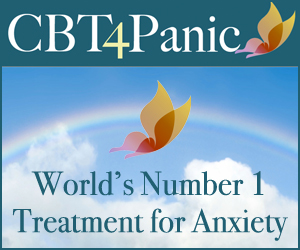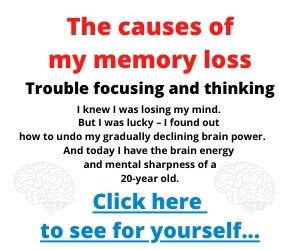What is the Best way to deal with Anxiety?
Managing anxiety involves a combination of strategies that address both the mind and body. Here’s a detailed approach based on your provided methods:
1. Learning About Anxiety
- Understanding what anxiety is and how it affects you can help demystify the condition and reduce fear.
2. Mindfulness
- Practicing mindfulness involves staying present and fully engaging with the current moment, which can help in reducing anxiety. Techniques like meditation, mindful breathing, and mindful walking can be beneficial.
3. Relaxation Techniques
- Progressive muscle relaxation, guided imagery, and listening to calming music can help in reducing physical tension and anxiety.
4. Correct Breathing Techniques
- Deep, slow, and controlled breathing can activate the body’s relaxation response. Techniques such as diaphragmatic breathing and the 4-7-8 breathing method are effective.
5. Dietary Adjustments
- Eating a balanced diet, reducing caffeine and sugar intake, and staying hydrated can influence your overall mood and energy levels.
6. Exercise
- Regular physical activity, such as walking, running, yoga, or any form of exercise, can reduce stress hormones and increase endorphins, which help improve mood.
7. Learning to Be Assertive
- Developing assertiveness can help in setting boundaries and expressing needs and desires without feeling overwhelmed or anxious.
8. Building Self-Esteem
- Engaging in activities that build confidence and self-worth can reduce anxiety. Positive self-talk and setting achievable goals can help in this area.
9. Cognitive Therapy
- Cognitive Behavioral Therapy (CBT) focuses on identifying and changing negative thought patterns and behaviors that contribute to anxiety.
10. Exposure Therapy
- Gradual exposure to anxiety-provoking situations can help in reducing the fear associated with these situations over time.
11. Structured Problem Solving
- Breaking down problems into manageable steps and addressing them systematically can reduce feelings of being overwhelmed.
12. Medication
- In some cases, medication prescribed by a healthcare provider can be a part of the treatment plan. This might include antidepressants, benzodiazepines, or beta-blockers.
13. Support Groups
- Joining support groups, either in-person or online, can provide a sense of community and shared experience, which can be comforting and reduce feelings of isolation.
Additional Tips
- Sleep: Ensure you get enough quality sleep, as sleep deprivation can exacerbate anxiety.
- Avoid Alcohol and Drugs: These substances can worsen anxiety symptoms.
- Professional Help: Seeking help from a therapist or counselor can provide personalized strategies and support.
Combining these strategies can help create a comprehensive approach to managing anxiety. It’s important to find what works best for you and to seek professional guidance when needed.



